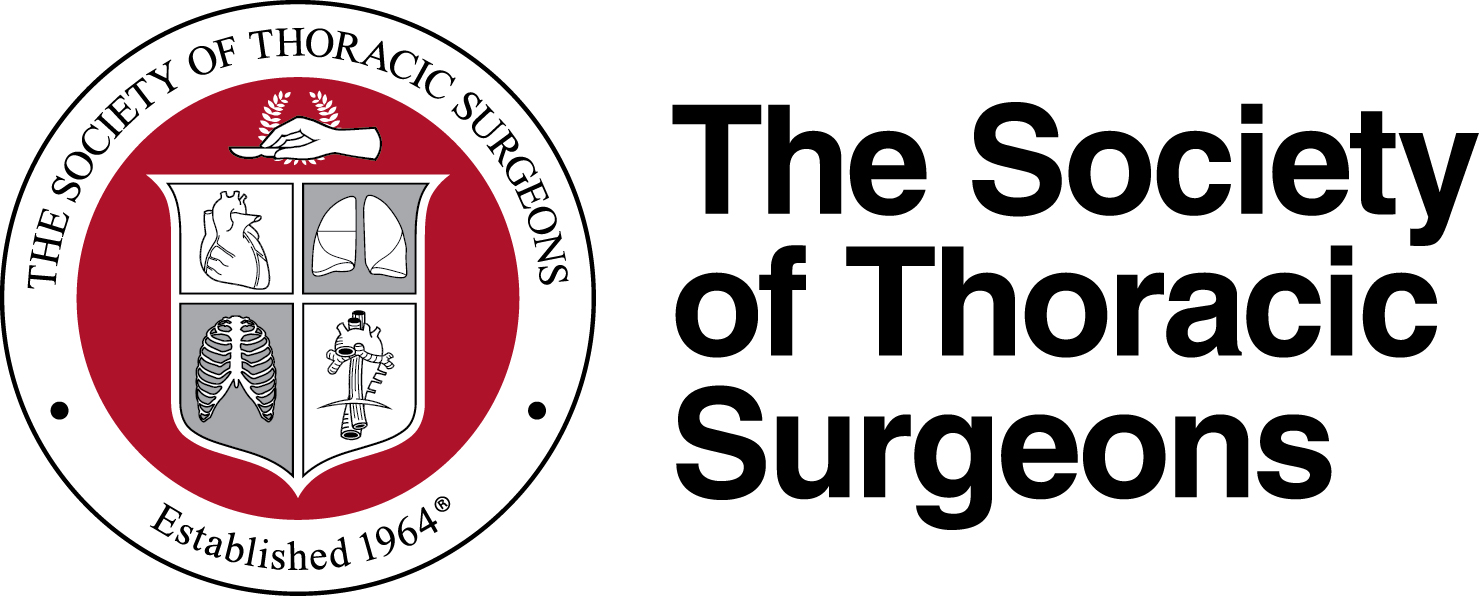Newswise — Chicago – New onset postoperative atrial fibrillation (AFib, or abnormal heartbeat) occurs in one-out-of-five heart surgery patients and is associated with an increased risk of additional complications, including double the risk of death, according to a study in the August 2014 issue of The Annals of Thoracic Surgery.
“New onset postoperative atrial fibrillation is the most common complication following cardiac surgery,” said lead study author Damien J. LaPar, MD, MSc, from the University of Virginia in Charlottesville. “If we could find ways to reduce the incidence, we could see better outcomes with lower overall associated costs.”
Dr. LaPar and colleagues examined the impact of new onset postoperative AFib on patient mortality rates, as well as hospital readmission rates, resource utilizations, and costs.
Using data from the Virginia Cardiac Surgery Quality Initiative (VCSQI), which ties to the STS National Database, the researchers found an overall incidence of postoperative AFib of 18.8% among 49,264 patients who underwent cardiac surgery from 2001 through 2012.
After risk adjustment, analysis showed that postoperative AFib was associated with double the risk of patient mortality, 48 additional hours in the Intensive Care Unit, 3 additional days in the hospital, and $3,000–$9,000 in increased ICU- and total hospital-related costs.
“Our study also documented a 2.6% incidence of stroke among patients who developed postoperative atrial fibrillation, which is of interest because reducing the incidence of stroke can greatly reduce long-term morbidity after cardiac surgery,” said Dr. LaPar. “At a time when quality of patient care is under increasing scrutiny, developing protocols designed to reduce the incidence of postoperative atrial fibrillation has the potential to impact patient outcomes and result in the delivery of high-quality, cost-effective patient care.”
The VCSQI as an organization has discussed and partially implemented efforts to reduce new onset postoperative AFib, according to the researchers. Further adoption of a collaborative protocol and best practice guidelines are in development.
###
Founded in 1964, The Society of Thoracic Surgeons is a not-for-profit organization representing more than 6,800 cardiothoracic surgeons, researchers, and allied health care professionals worldwide who are dedicated to ensuring the best possible outcomes for surgeries of the heart, lung, and esophagus, as well as other surgical procedures within the chest. The Society’s mission is to enhance the ability of cardiothoracic surgeons to provide the highest quality patient care through education, research, and advocacy.
The Annals of Thoracic Surgery is the official journal of STS and the Southern Thoracic Surgical Association.
MEDIA CONTACT
Register for reporter access to contact detailsCITATIONS
Ann Thorac Surg 2014;98:527–33)
